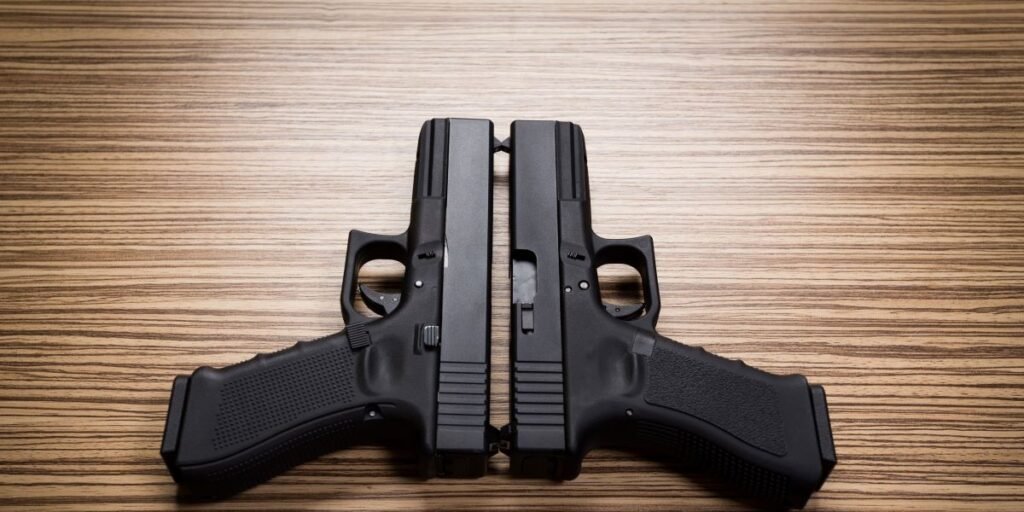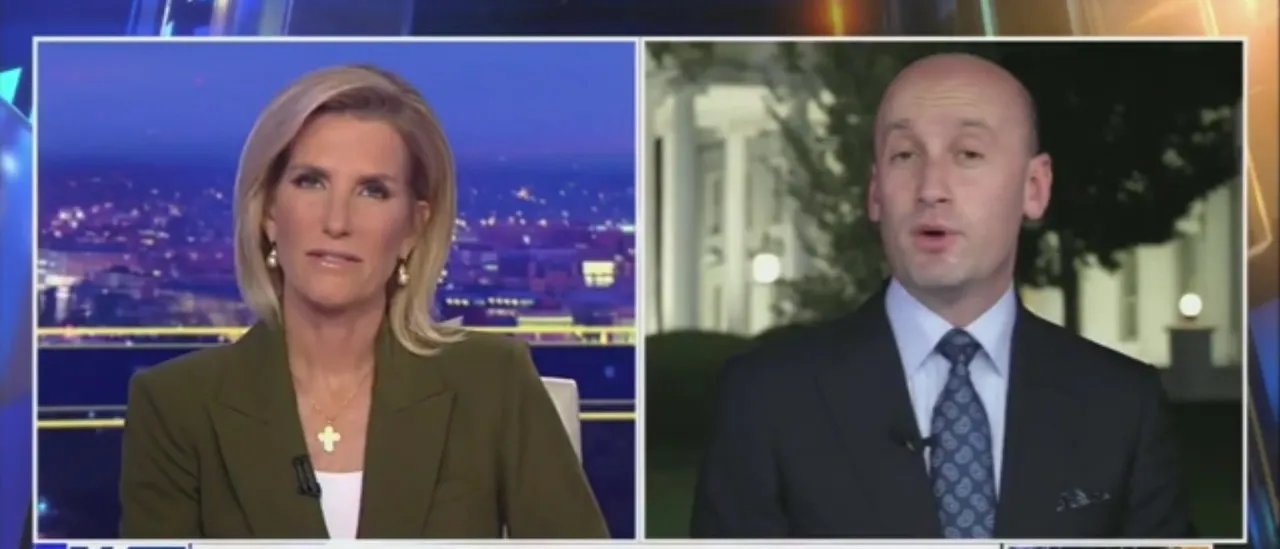
Starting on October 1st, Alabama will implement a new law affecting firearm ownership. Known as SB119, this legislation introduces notable changes that build upon existing regulations, broadening the list of individuals prohibited from owning firearms and increasing penalties for certain gun-related offenses.
Previously, Alabama law restricted firearm possession for those convicted of violent crimes or misdemeanor domestic violence, as well as individuals under a valid domestic abuse protection order. The revised law expands this prohibition to include felons, regardless of whether their offenses were violent.
Moreover, the law classifies it as a Class C felony for anyone to possess a firearm after being charged with a violent crime or domestic violence, even if they are still awaiting trial. Conviction in this case hinges on whether the person is ultimately found guilty of the initial charge or a lesser offense, unless specific exemptions apply.
This legislation also escalates the penalty for shooting into an occupied structure or vehicle, elevating it from a Class B felony to a Class A felony, the state’s most severe crime classification.
- Class A felonies, like murder or shooting into an occupied building, can result in fines up to $60,000, along with a prison sentence of up to 10 years.
- Class B felonies, which include certain robberies and aggravated assaults, may incur fines up to $30,000 and prison time ranging from 2 to 20 years.
- Class C felonies, including illegal firearm possession under the new law, carry a penalty of 1 year and 1 day to 10 years, with fines up to $15,000.
The law specifies scenarios where minors can legally possess firearms, such as participating in supervised training, and outlines exceptions for law enforcement and school security personnel.
Through these updates, Alabama’s lawmakers aim to tighten enforcement and prevent potentially dangerous individuals from accessing firearms, particularly while awaiting trial or after a felony conviction.







